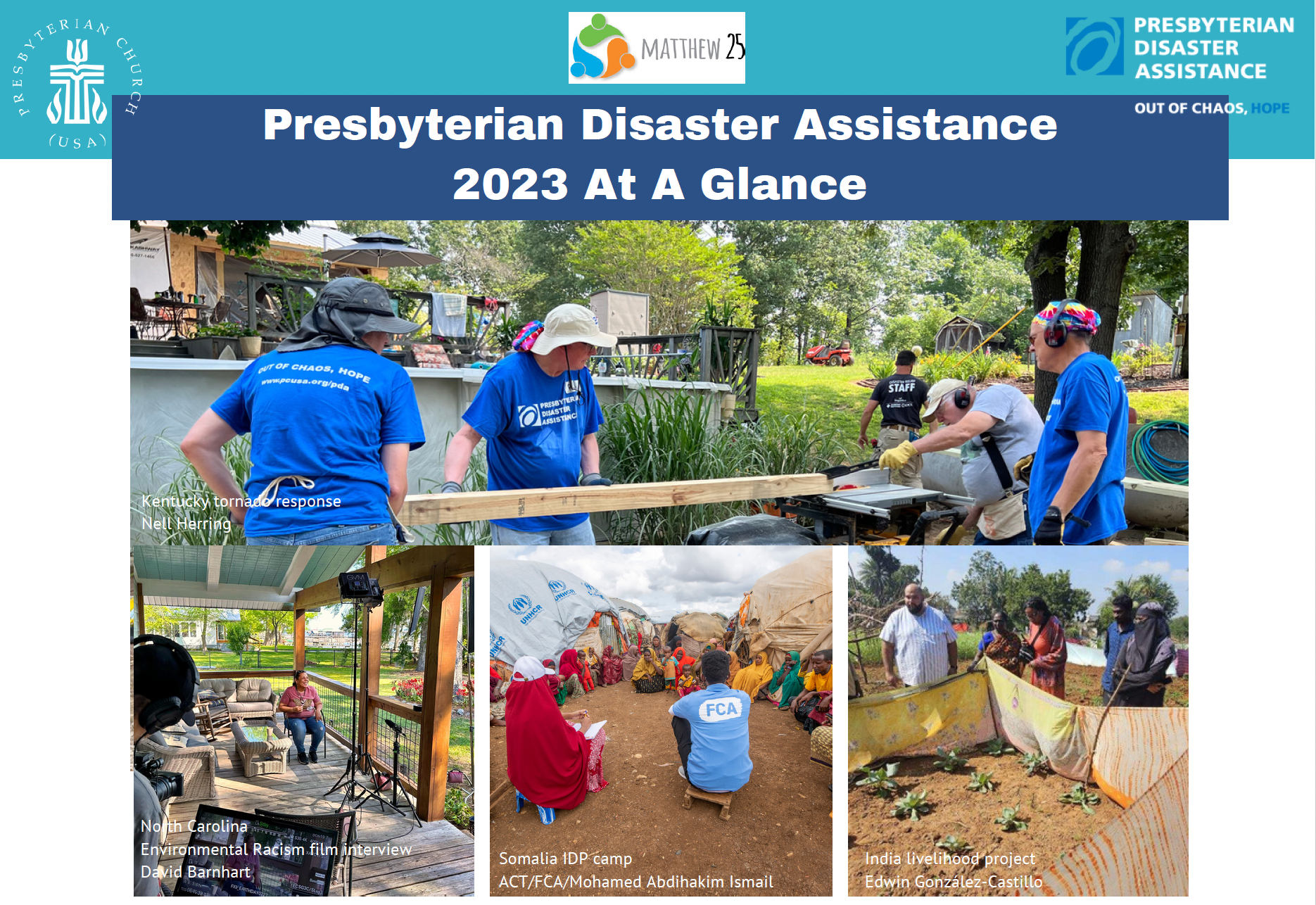Families, Children & the U.S./Mexico Border
Asylum seekers arrive at the U.S.-Mexico border seeking safety from violence, political instability, and human rights violations in their home countries. They are part of the growing number of forcibly displaced people around the world, along with refugees and internally displaced persons.
In the midst of humanitarian need, the U.S. government has a duty to create an orderly and dignified asylum process. This means that every asylum seeker deserves a fair chance to present their case. Under the Refugee Act of 1980, whether a person entered the U.S. legally should make no difference in their eligibility for asylum.
Instead of treating asylum seekers with dignity, the U.S. continues to trade an expansion of limited legal pathways with new punitive policies and increased immigration enforcement. Recent border patrol practices include:
- Separation of families, including young children from their parents;
- Increased enforcement through the deployment of National Guard members, the construction of border walls and barriers, and increased surveillance technology;
- Closing border ports of entry to asylum seekers or severely limiting the number who are processed each day (for example, by requiring migrants to have on-line appointments).
- Criminally charging parents for the entry or smuggling of their children—forcing them to go to Federal Court in addition to immigration court;
- Sub-standard detention conditions at border stations;
These measures are part of a punitive asylum policy that seeks to turn people away through pushbacks, asylum bans, and pressuring other countries to increase their immigration enforcement operations. These measures misdirect government resources that could be used to help asylum seekers build their lives in the U.S. Such policies also have a negative impact on border communities, inundating them with immigration and law enforcement officers, creating an increasingly hostile environment for Black, Brown, and immigrant communities. In the end, policies aimed at deterring migration have not stopped it. People forced to flee their homelands would rather face dangerous migration routes than be forced to remain in a country where their lives and the lives of their families are in peril.
For more information about the current situation at the US-Mexico border, please refer to the “State of U.S. Migration and Asylum” document.

Where is the opportunity in all of this?
Presbyterian Disaster Assistance (PDA) is mandated by the General Assembly to provide humanitarian assistance to asylum seekers and to work with other denominational offices and ecumenical partners to promote just and humane treatment. As such, PDA—in cooperation with the Office of the General Assembly's Office of Immigration Issues, the Office of Public Witness, presbyteries, synods, ecumenical and interfaith partners along the border—provides support to local non-profits and faith-based coalitions to provide food, shelter, clothing, first aid, legal orientations and referrals for asylum seekers. As the need grows, so too do the number of churches and groups who are joining their hands, hearts and voices to expand the places of welcome and to meet Christ in the faces of these sojourners.
In the fall of 2014, PDA re-instated a grant making opportunity for local church initiatives through presbyteries and synods. As part of PDA’s ongoing support of these initiatives, we have awarded grants to support new ministries or meet specific gaps and unmet needs and advocacy for humane policies. The models for how we, as people of faith, support and accompany asylum seekers have evolved over time, but the commitment remains the same: to welcome those who are forced to leave their home country due to internal conflict or laws that fail to protect them. To apply for a Migration Accompaniment Ministries grant, please contact us. You can donate to DR000095: Refugee Emergencies in the U.S. to support our grantmaking to these Presbyterian initiatives.
